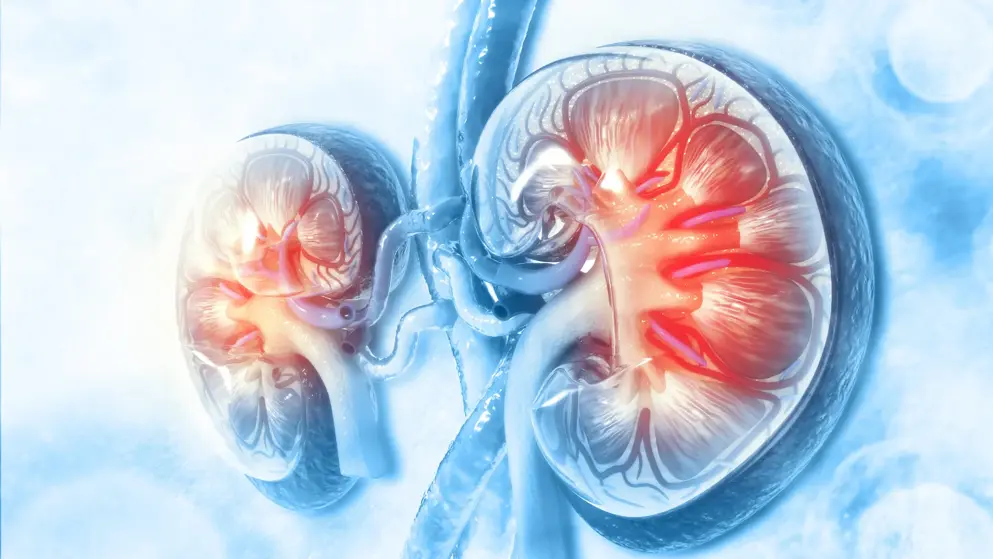Helping people to live well with chronic kidney disease
Helping people to live well with chronic kidney disease
Reduced glomerular filtration rate and presence of albuminuria are both associated with increased risk of several poor outcomes. People with chronic kidney disease also commonly suffer from lower quality of life than their age-matched peers. The experiences reported by patients with chronic kidney disease include being shocked by the diagnosis, being uncertain about the cause and worrying about progression and future treatment. Issues such as depression, pain and fatigue are common in people with chronic kidney disease. Helping people to live well with a long-term condition like chronic kidney disease should include efforts to reduce the risk of adverse events occurring in the future, and consider what can be done to enhance quality of life now. Clinicians can help by being aware of the patient perspective, communicating clearly and recommending interventions that reduce future risk as well as recognising and treating symptoms. Assessing overall treatment burden is an important component of management and non-pharmacological interventions that may improve mobility, strength and pain should be considered.
Read abstract on library site Access full article





